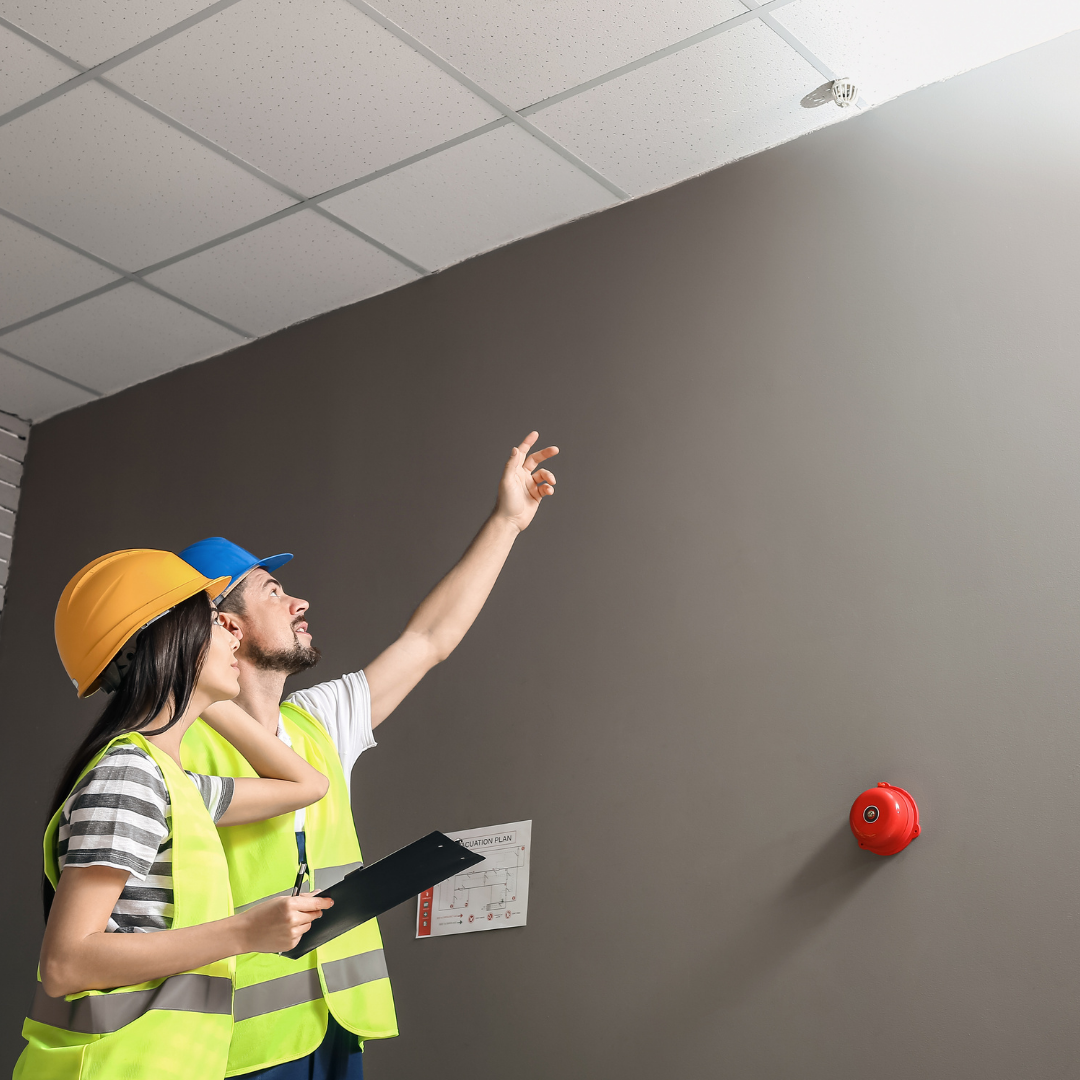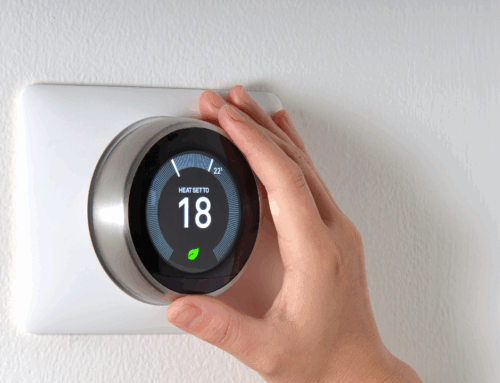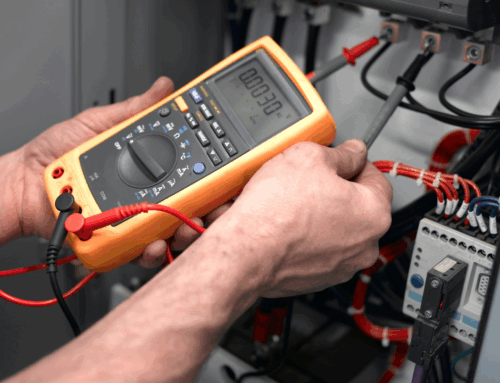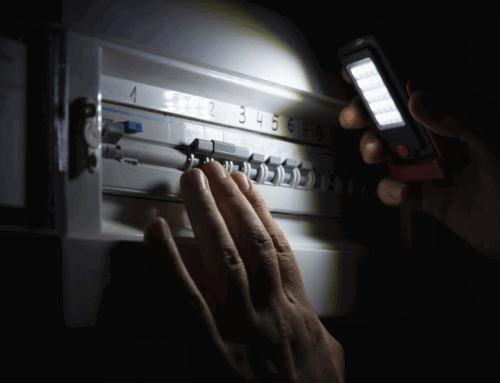Ensuring the safety and efficiency of a school’s electrical system is paramount to creating a secure environment for both students and staff. One of the most effective ways to achieve this is by scheduling a regular electrical inspection. An electrical inspection helps to identify potential hazards, maintain the integrity of the system, and ensure compliance with health and safety regulations. In this article, we’ll explore why it is crucial for schools to undergo an annual electrical inspection and how it can benefit everyone within the school community.
1. Enhancing Safety for Students and Staff
The safety of everyone in a school should always be a top priority. Faulty electrical systems, such as damaged wiring, overloaded circuits, or exposed cables, can pose serious risks. These issues may result in electric shocks, fires, or power outages, all of which can disrupt classes or even cause harm to students and staff.
By having an electrical inspection conducted annually, a qualified electrician can thoroughly check the entire system for any signs of wear and tear, frayed wires, or outdated equipment that may be a fire hazard. Detecting and addressing these issues before they escalate ensures the school remains a safe environment for learning and working.
2. Compliance with Legal Requirements
In many jurisdictions, schools are required to meet specific health and safety standards, which include regular electrical inspections. Failing to comply with these regulations can lead to serious legal consequences, including fines or even the closure of the school until the issues are resolved.
An annual electrical inspection ensures that your school is fully compliant with local building codes and electrical safety regulations. By keeping up with these mandatory inspections, schools can avoid unnecessary legal problems and potential liabilities while maintaining their reputation for prioritising the safety of their students and staff.
3. Reducing the Risk of Power Failures
Schools rely heavily on electricity for various operations, including lighting, heating, air conditioning, computers, projectors, and security systems. A failure in the electrical system can cause disruptions, affecting the school’s ability to function properly.
Through an annual electrical inspection, a professional can assess the condition of the school’s electrical wiring, circuit breakers, and other key components. Regular maintenance and inspection of these systems can help prevent unexpected power failures, ensuring that the school continues to operate smoothly, even during peak demand times.
4. Prolonging the Lifespan of Electrical Equipment
Electrical systems, like all components in a building, require regular upkeep to maintain their effectiveness and extend their lifespan. Over time, wear and tear on cables, circuit boards, and other electrical equipment can degrade their performance. In many cases, the system may continue to work but may not be operating at full efficiency, resulting in increased energy consumption.
An electrical inspection helps identify early signs of inefficiency or impending failure, allowing for repairs or upgrades before major problems occur. Regular checks not only improve energy efficiency but also help avoid costly repairs or replacements in the future.
5. Identifying Energy Efficiency Improvements
Energy costs are a significant consideration for schools, especially as they strive to keep budgets balanced while maintaining a high level of service. An annual electrical inspection can identify areas where energy is being wasted, such as outdated lighting, inefficient heating systems, or electrical components that consume excessive power.
By addressing these inefficiencies, a school can lower its energy bills and reduce its carbon footprint. For example, replacing old fluorescent lights with energy-efficient LEDs can dramatically reduce electricity consumption without sacrificing brightness or quality.
6. Supporting Future Growth and Renovations
As schools expand or undergo renovations, their electrical systems may need to be upgraded or modified to accommodate new equipment or increased power demand. An annual electrical inspection provides an opportunity to assess the system’s capacity and make recommendations for any necessary upgrades or adjustments.
If the school is planning to install new equipment or extend its facilities, the electrical inspection can help ensure the electrical system can handle these new demands without causing overloading or safety hazards.
7. Peace of Mind for Parents and Staff
An electrical inspection not only provides peace of mind for the school management but also for parents and staff. Knowing that the electrical system is regularly checked and maintained creates a sense of security. Parents can trust that their children are attending a school that takes their safety seriously, while staff can work in an environment free from electrical hazards.
Conclusion
An electrical inspection is a vital part of maintaining the safety, efficiency, and compliance of any school’s infrastructure. By scheduling an annual inspection, schools can identify potential electrical hazards, comply with legal requirements, prevent power failures, prolong the lifespan of their equipment, and even reduce energy costs. The benefits of regular electrical inspections extend beyond mere safety — they ensure that the school environment remains a productive, efficient, and secure place for both students and staff. Therefore, prioritising these inspections is not just a smart decision; it’s an essential one for the continued well-being and success of the school community.







Leave A Comment